Last updated and Version: 25 October 2021, v1.
[954743] Correspondence - To Client - advising on the Affidavit eFiling Application Divorce; coordinating a time to sign.
Purpose & Rationale
Many clients do not know what the purpose of the affidavit is and
Correspondence
Hi Jane,
As mentioned, please see attached Affidavit for eFiling Application (Divorce) for printing and signing.
We note that in the affidavit, you will be formally swearing/affirming to the Court that:
You are the Applicant (the person making the application) for the Application for Divorce;
You have read the Application for Divorce; and
The facts and circumstances within the Application for Divorce are true to your personal knowledge.
Please carefully read through your Application for Divorce and ensure that all details within are correct and ensure that any details which you personally consider relevant have been included. Before we sign the affidavit, let us know whether anything needs to be amended or included.
The Importance of Accuracy in Affidavits
Note that the following information is generic to all clients and all affidavits.
There are two main reasons to be accurate in affidavits. Firstly, the other side may use an inaccuracy against you in an attempt to position you as untrustworthy. The result is that should the matter ever proceed to Court, it can be an uphill battle to convince the judge that that the rest of what you say is believable. Secondly, the criminal offence of perjury applies to affidavits. Perjury is where a person who knowingly willfully and corruptly includes false statements or omits required information whether wholly or partly and if found guilty may be liable to a maximum of 15 years imprisonment: Section 314 of the Crimes Act 1958 (Vic). While it is rare that a person is charged with perjury, the safest path forward is to make sure everything is correct to the best of your knowledge.
We are therefore of the view that the best approach is to be as accurate as possible and if the other side fails to do same, we will bring it to their attention and to the Court’s attention (should matters ever reach that stage).
Next Step
[Paragraph in relation to organising a time]
